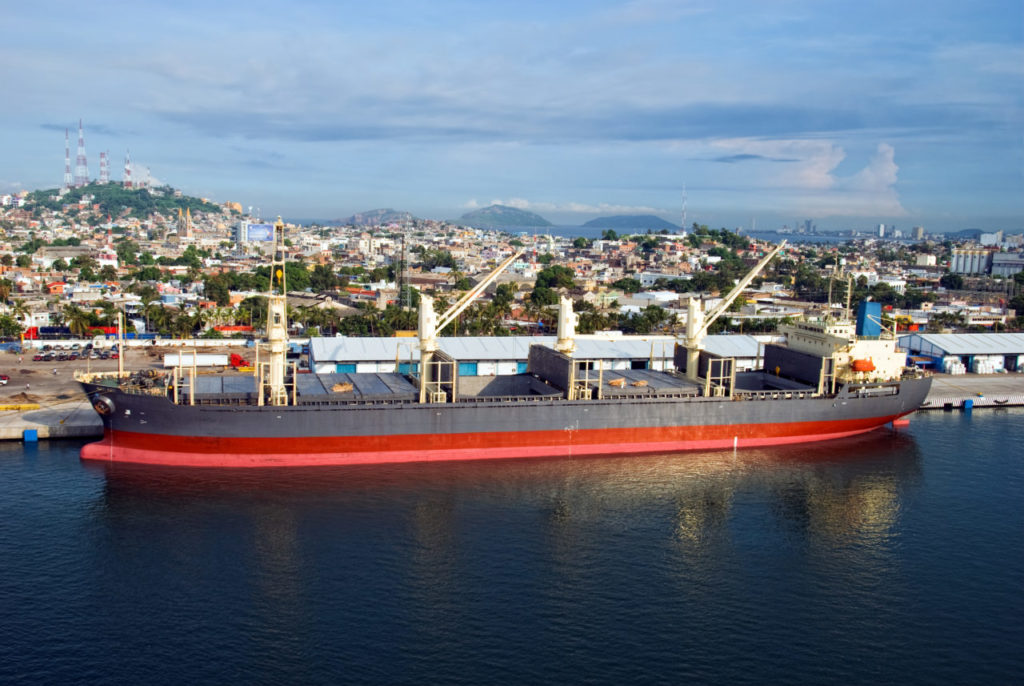Join GlobalBizzNetwork and start your international business network today.
Bolivia

Bolivia is a landlocked country located at the centre of South America, sharing borders with Brazil, Paraguay, Argentina, Chile and Peru. Its location is strategic in the sense that any regional integration initiative will probably need Bolivia’s active involvement.
After almost two decades of military rule, democracy was restored in Bolivia in 1982.
The Bolivian economy is the 14th largest in Latin America, with a GDP of around USD40.6 billion (£31.8 billion, 2018) and a GDP per capita of USD 3.700 (£2.900). It is heavily dependent on export of commodities such as natural gas and minerals (together representing 61% of total exports).
Bolivia has engaged in commercial agreements with several Latin American countries in order to reduce barriers to trade for selected goods. It is also a beneficiary of the European Union’s Generalised Scheme of Preferences (GSP+) and a similar initiative from the United States. In addition, it is in the process of becoming an active partner of MERCOSUR, a common market aiming to gradually integrate economic activity among Brazil, Argentina, Uruguay, Paraguay and Bolivia.
Business opportunties in Bolivia
Financial technology (fintech)
Judging by the response to fintech more generally in Latin America, it may only be a matter of time before legal framework is implemented to enable businesses to fill the gaps in Bolivia’s fintech market.
The finance world is ballooning with the introduction and momentum of technological innovation, creating a vast range of opportunities in fintech. Like many of its regional counterparts, Bolivia hasn’t fully explored its fintech potential. Jorge Velasco, a financial analyst, says that while the financial system to support an immense volume of business – in portfolio, public deposits and transferences – the emergence of new companies or startups specializing in financial technology is a very interesting investment opportunity in 2019.
Currently, high financial regulation in Bolivia could slow the speed of innovation, challenging the patience of fintech startups. However, again like many governments in the area, Bolivia’s policymaking and legislative changes inevitably move slower than the rate technological innovation of financing platforms. Judging by the response to fintech more generally in Latin America, it may only be a matter of time before more rigorous legal framework is implemented to enable businesses to fill the gaps in Bolivia’s fintech market.
Buildings and construction
The government is honing in its focus on Busch Port (located on Canal Tamengo), having recently signed a strategic alliance for the construction of major port facilities. The public-private alliance includes a public investment of US$250 million. Bolivia’s waterways currently carry around US$1.2 billion worth of soybeans, grains, and sunflower oils and derivatives. Bolivia wants to build on this transport system.
This generates an opportunity for the contractors to win projects in construction-administration of barges, storage facilities for mineral exports, rail and road infrastructure to support such an immense operation. The various projects encompassing the strengthening of Busch Port are expected to take around 4-5 years to undertake – particularly the groundwork for rail and roads.
Beneficially, once established this port and its corresponding rail projects will connect landlocked Bolivia with the Atlantic Ocean and strengthen established export channels to regional partners. The government expects an investment influx of around US$700 million in the next five years as a result of this construction work. Chinese investors are already making first moves, building a steel mill in El Mutún, a town where Bolivia exports processed iron.
Railway Bolivia
The Bolivian government is backing an agreement with Brazil, Paraguay and Peru to build a railway connecting the Pacific and Atlantic Oceans, with Peru’s Ilo port and Brazil’s Sao Paolo as final destinations.
Bioceanic Corridor
Busch Port isn’t the only location looking at getting a makeover. The Bolivian government is backing an agreement with Brazil, Paraguay and Peru to build a railway connecting the Pacific and Atlantic Oceans, with Peru’s Ilo port and Brazil’s Sao Paolo as final destinations. The main line will pass through La Paz and Santa Cruz in Bolivia.
In June 2018, the 4 governments met and agreed on regulatory framework to support this project. This railway will be around 3800 kilometres long, and carries a price tag of around US$10 billion.
Such a significant opportunity for external contractors should not be ignored. Not only will this line pass through several countries, but minor railway routes are expected to feed off the main line. Construction companies could expect to be in business in Bolivia for many years to come, should they win a contract with Bolivia for this project.
Health sector
The government is planning on building several hospitals and this will attract several projects and ventures. Further construction bids will be available in this space. Additionally, flow on effects from newly established health facilities include the chance for businesses to:
- provide training services to new health professionals
- import and on-sell health and medical equipment
- offer peripheral services to new health facilities, such as storage/handling, transport, communications and software.
Real estate
The private construction sector has growth rate bordering on 6% in recent years, making residential and other private construction another profitable option for investors.
It is well known that Santa Cruz de la Sierra is the second most profitable city in the real estate segment in South America, according to residential sales and leasing site Infocasas. It shows an average annual profit that fluctuates between 6 and 8% for real estate owners.
The private construction sector has growth rate bordering on 6% in recent years, making residential and other private construction another profitable option for investors. Currently, around 42% of families in Santa Cruz do not have a house. Finding innovative ways to offer housing and solve other real estate quandaries – such as shared office space for small businesses – can draw in large financial returns for investors looking at large-scale projects.







